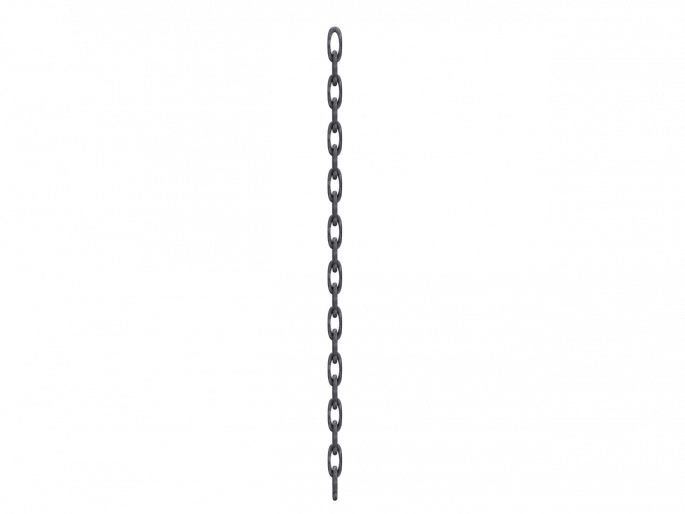Due to the ongoing effects of the COVID-19 pandemic, most prognosticators were uncertain what trends we might see in 2021 regarding supply chain management.
While industries and economies across Canada have been slowly but surely reopening, COVID-19 is still raging and has significantly impacted many sectors, including supply chains.
But now, as we inch past the pandemic, we are starting to see specific supply chain trends evolving.
Gretchen Friedrich, with AFFLINK, notes that some trends “appear to be long-lasting” and will likely become core to supply chain management in the future.
Agility
Traditionally, distributors have not planned for major unforeseen events. Now, looking beyond COVID-19, manufacturers and distributors must become much more agile, willing, and able to make changes quickly so that they can respond to disruptions promptly.
Sustainability
Green logistics is here to stay; it benefits the environment and proves to be a cost saving while also promoting goodwill and brand loyalty. “Millennials look for companies that promote sustainability, and there are even studies suggesting sustainability-focused brands grow faster than those that are not,” notes Friedrich.
Blockchain
Blockchain technology is evolving, it is helping manufacturers and distributors deliver products faster and eliminate waste and fraud. Further, it is cost-effective and transparent. Supply chain managers find they can detect issues quickly using blockchain technology. This can be a significant cost saving and can improve customer satisfaction tremendously.
Internet of Things
“IoT is just starting to play a big role in distribution,” says Friedrich. It is being used in manufacturing and distribution to monitor products during shipment, send alerts when equipment needs maintenance, and track the speed, safety, and fuel efficiency of trucks.
Machine Learning
Related to IoT is Machine Learning. This refers to the ability of machines to read, identify, and replicate procedures and patterns. It eliminates the need for employees to perform repetitive tasks, performing them faster with fewer errors.
Engagement
With Blockchain, IoT, and Machine Learning, it may appear that the role of the individual and specifically the distributor is likely to be ending.
However, notes Friedrich, “we see just the opposite happening. Distributors proved themselves during the pandemic. End-customers relied on them more than ever before. We see this continuing.”








